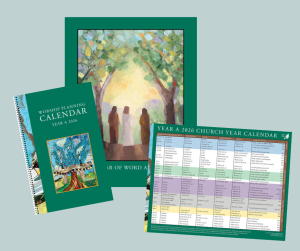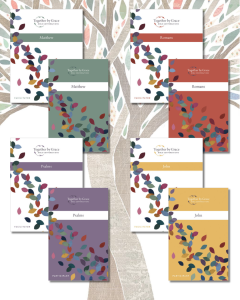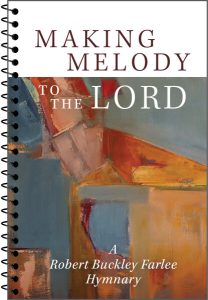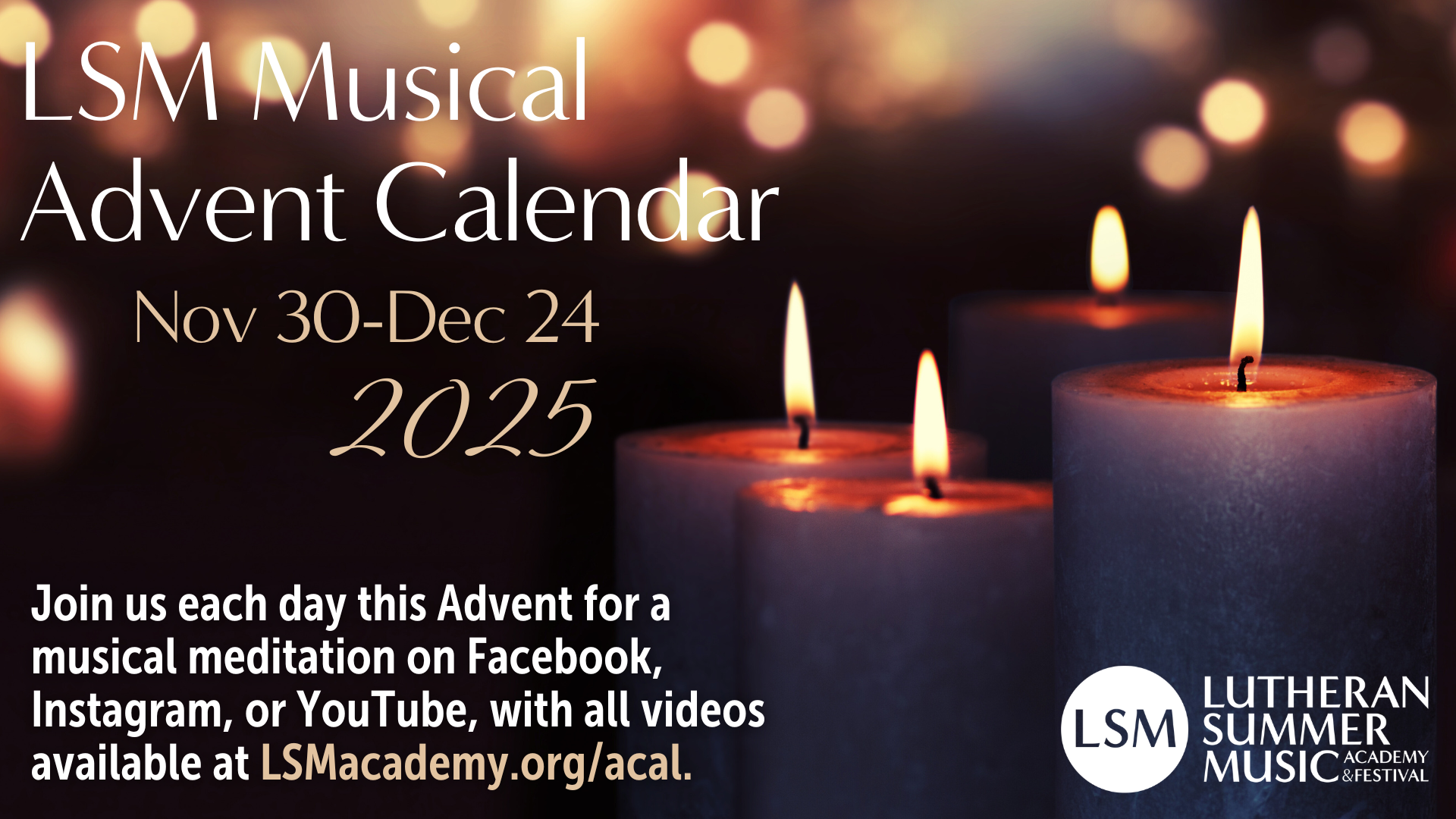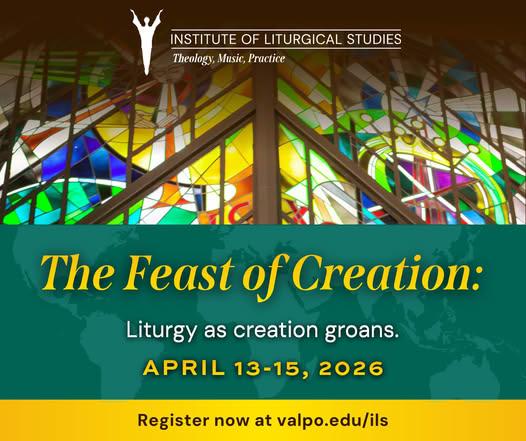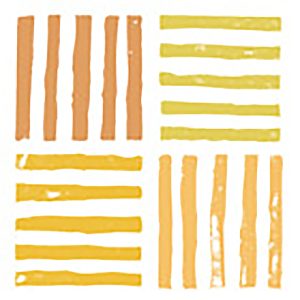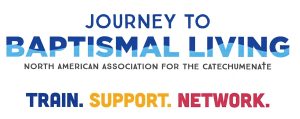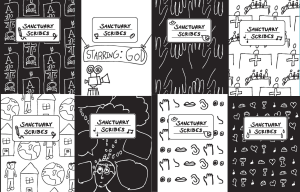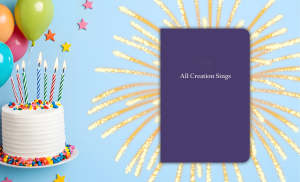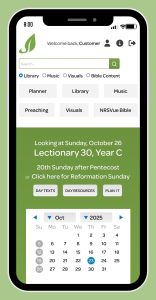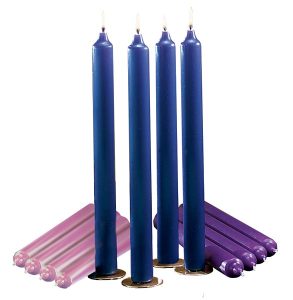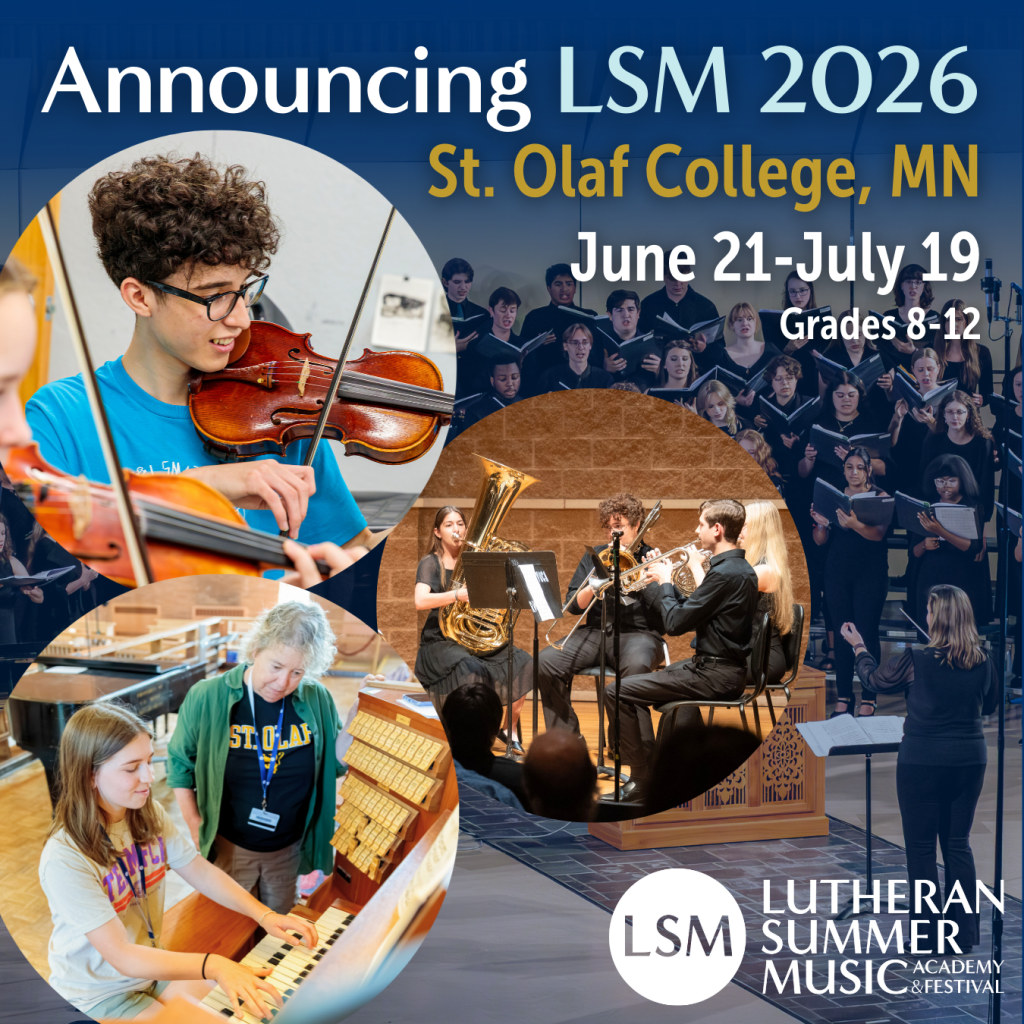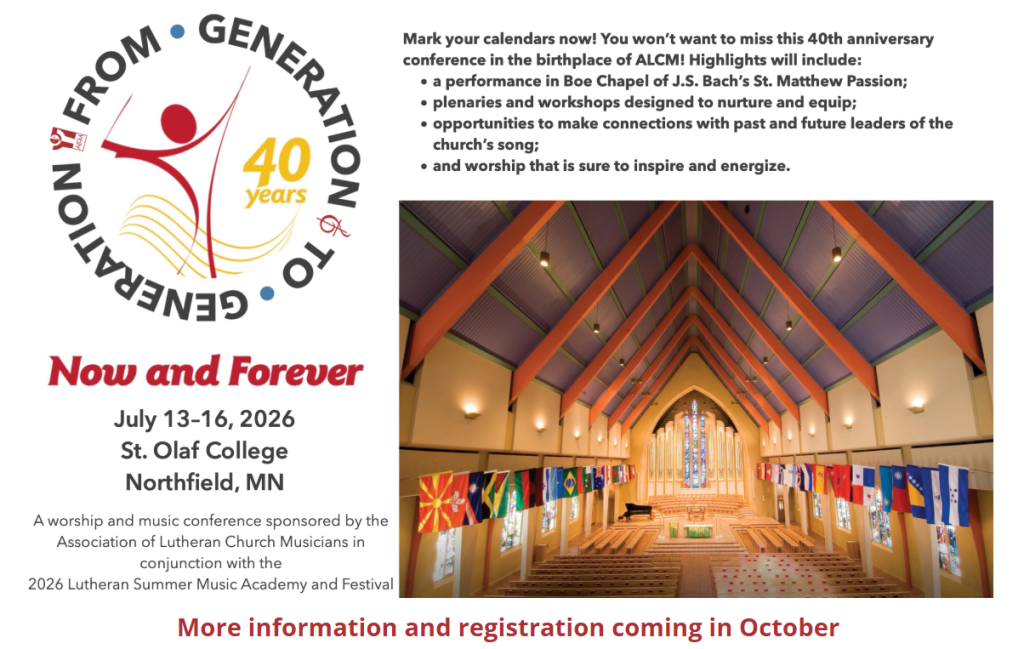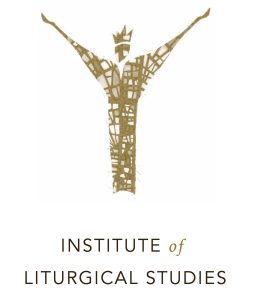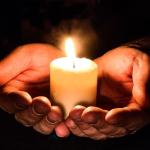 “For what shall we pray?” is a weekly post inviting individuals, groups, and congregations to lift up our world in prayer. This resource is prepared by a variety of leaders in the ELCA and includes prayer prompts, upcoming events and observances, and prayer suggestions from existing denominational worship materials. You are encouraged to use these resources as a starting point, and to adapt and add other concerns from your local context. More information about this resource can be found here.
“For what shall we pray?” is a weekly post inviting individuals, groups, and congregations to lift up our world in prayer. This resource is prepared by a variety of leaders in the ELCA and includes prayer prompts, upcoming events and observances, and prayer suggestions from existing denominational worship materials. You are encouraged to use these resources as a starting point, and to adapt and add other concerns from your local context. More information about this resource can be found here.
Prayer prompts:
For an end to war, conflict, and violence especially in Gaza, South Sudan, Myanmar, Ukraine, Thailand and Cambodia, and China and Taiwan…
For immigrants, refugees, asylum seekers, and all who travel…
For all who rely on affordable child care, who seek accessible health care, or who rely on food assistance…
For all who have experienced miscarriage, stillbirth, or infant loss…
For those facing storms and extreme weather…
For the close of Yule and Kwanzaa celebrations…
For continued celebrations of the twelve days of Christmas…
For celebrations of the New Year…
Events and observances:
January Observances: National Blood Donor Month, National Human Trafficking Prevention Month, Poverty in America Awareness Month
The Holy Innocents, Martyrs (transferred, Dec 29)
Name of Jesus (Jan 1)
Second Sunday of Christmas (Jan 4)
Epiphany of Our Lord (Jan 6)
Orthodox Christmas Day (Jan 7)
Prayers from ELCA resources:
A prayer for Epiphany (ELW)
Almighty and ever-living God, you revealed the incarnation of your Son by the brilliant shining of a star. Shine the light of your justice always in our hearts and over all lands, and accept our lives as the treasure we offer in your praise and for your service, through Jesus Christ, our Savior and Lord, who lives and reigns with you and the Holy Spirit, one God, now and forever. Amen.
A prayer before travel (ELW)
O God, our beginning and our end, you kept Abraham and Sarah in safety throughout the days of their pilgrimage, you led the children of Israel through the midst of the sea, and by a star you led the magi to the infant Jesus. Protect and guide us now as we set out to travel. Make our ways safe and our homecomings joyful, and bring us at last to our heavenly home, where you dwell in glory with our Lord Jesus Christ and the life-giving Holy Spirit, one God, now and forever. Amen.
—
The following topical resources are available from resources.elca.org for use in public worship and personal devotion:
Worship resources for the crisis in the Holy Land
Worship resources for the Eastern Europe Crisis
—
ELW = Evangelical Lutheran Worship
ACS = All Creation Sings: Evangelical Lutheran Worship Supplement
Additional topical prayers are found in Evangelical Lutheran Worship (pp. 72–87) and All Creation Sings (pp. 46–55), as well as in other resources provided in print and online at sundaysandseasons.com.
Crafted intercessions for every Sunday and festival are provided in the Sundays and Seasons worship planning guide published in-print and online by Augsburg Fortress. Further assistance for composing prayers of intercession can be found here: Resources for Crafting Prayers of Intercession
Prayer Ventures, a daily prayer resource, is a guide to prayer for the global, social and outreach ministries of the ELCA, as well as for the needs and circumstances of our neighbors, communities and world.

